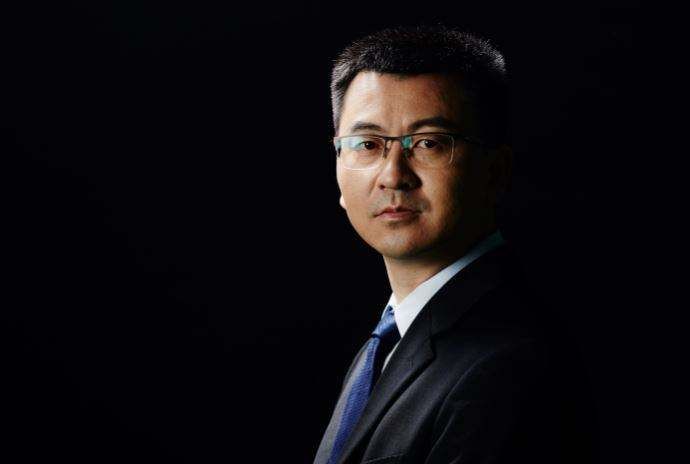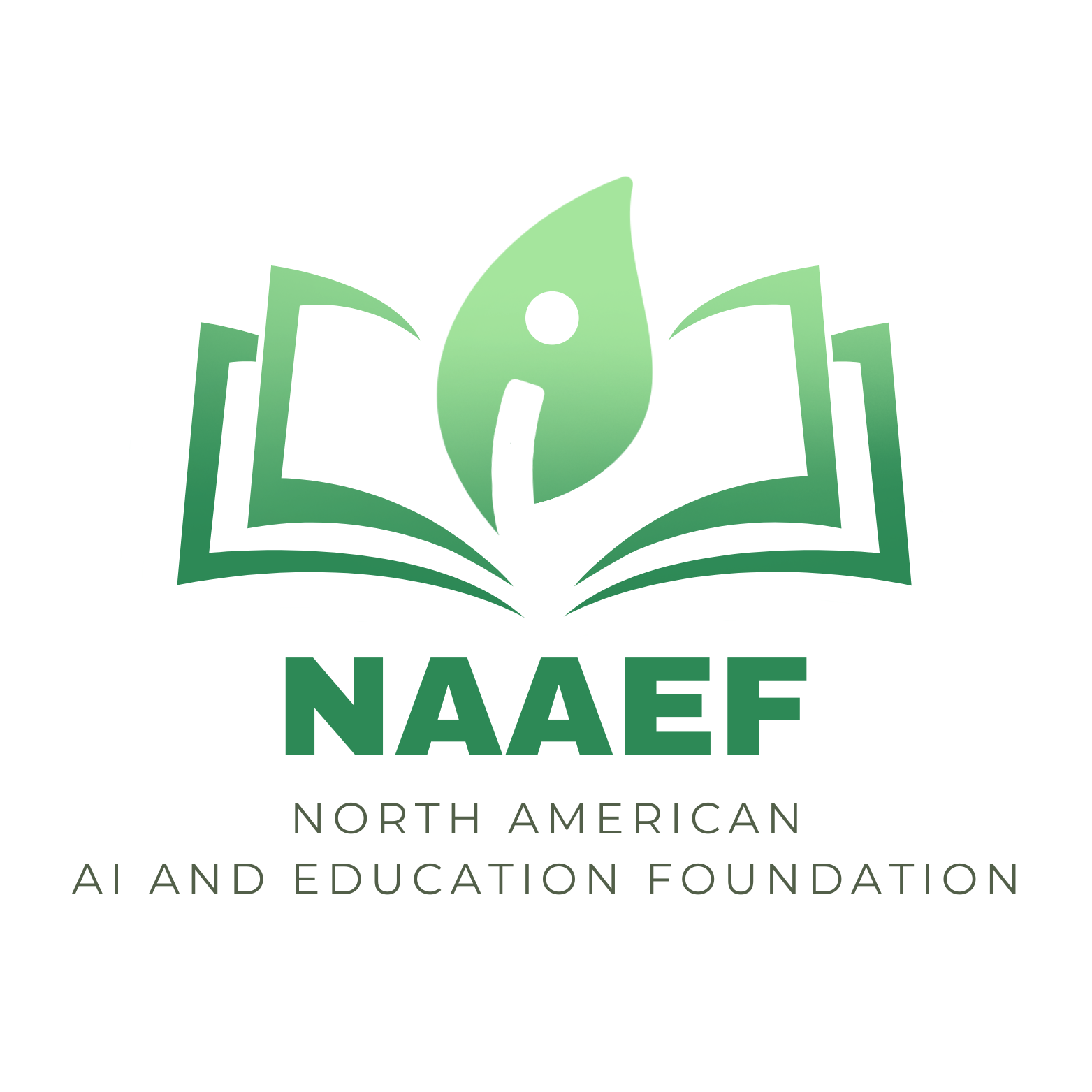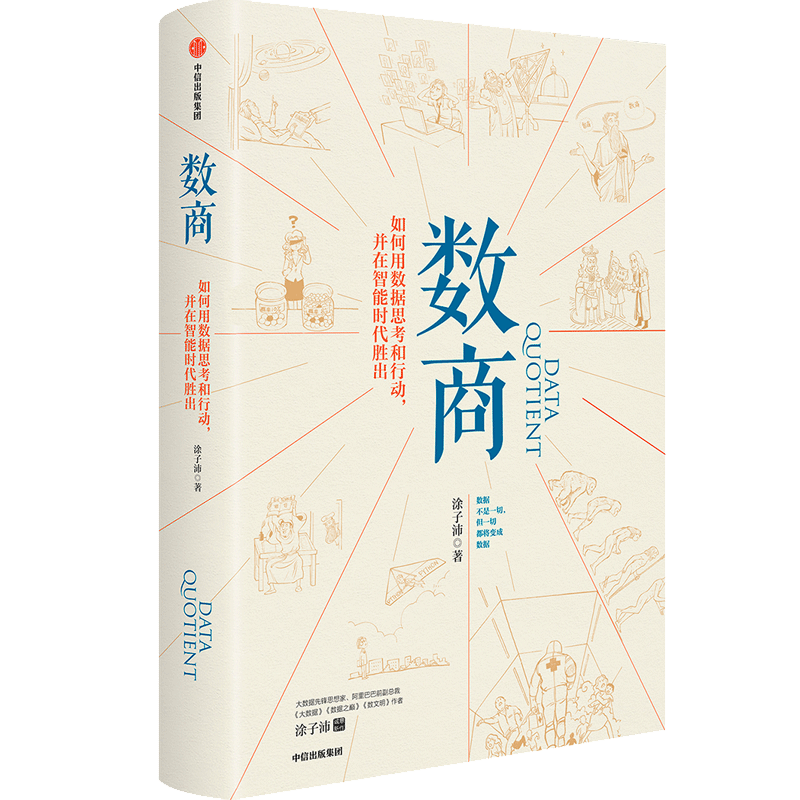在新时代下,拥有大数据思维,了解人工智能的应用是社会对我们每个人的诉求。从面向孩子的教育来看,让孩子了解大数据和人工智能也是未来社会对当下父母的新要求。今年7月1日出版的《给孩子讲大数据》《给孩子讲人工智能》是中国大数据倡始之人涂子沛首次写给7岁以上中小学生的重磅力作。此前,涂子沛曾经写过《大数据》《数据之巅》《数文明》《善数者成》《数商》这五本和大数据相关的书籍,他为什么突然把目标对准孩子,要给孩子讲大数据和人工智能呢?该怎样给孩子讲成年人都难以理解的相关知识呢?另外,美国近年来对中国前沿科技公司采取了许多打压措施,这些行为将对中国的大数据 和人工智能发展带来哪些影响呢?对此,百道网专访了作者涂子沛,让他来带给我们答案。
Big data and artificial intelligence are leveraging China's innovation and becoming a hot spot in all fields and industries.
At the Fifth Plenary Session of the 18th Central Committee of the Communist Party of China held in October 2015, the 13th Five-Year Plan proposed the implementation of the national big data strategy, aiming to comprehensively promote the development and application of big data in China, accelerate the construction of data power, promote the open sharing of data resources, release technological dividends, institutional dividends and innovation dividends, and promote economic transformation and upgrading.
In July 2017, the "New Generation of artificial Intelligence Development Plan" issued by The State Council put forward six key tasks and a series of safeguard measures, requiring that by 2030 China's artificial intelligence industry competitiveness reach the international leading level, the scale of artificial intelligence core industry exceeds 1 trillion yuan, and the scale of related industries exceeds 10 trillion yuan. At this point, big data and artificial intelligence have risen to the height of national strategy.
In the new era, having big data thinking and understanding the application of artificial intelligence are the demands of society for each of us. From the perspective of child-oriented education, letting children understand big data and artificial intelligence is also the new requirements of the future society for the current parents. Published on July 1 this year, "Tell Children about big Data" and "Tell children about artificial intelligence" are the first blockbuster works written by Tu Zipei, the initiator of big data in China, for primary and secondary school students over the age of 7.
Among them, "Teaching Big Data to Children" recalls the development of numbers and the all-round application of data in major historical events at home and abroad, opens the door to big data for children, and cultivates children's "number quotient" and data thinking ability. "Telling Children about Artificial Intelligence" uses stories and cases to comprehensively interpret and in-depth comment on the "past and present life" of artificial intelligence, which is called "a must-read for the enlightenment of artificial intelligence." The funny and readable comics and the admirable historical stories in the book bring children profound knowledge and profound knowledge beyond the intangible, so that children can calmly ride the wind and waves in the cutting-edge technology.
Previously, Tu Zipei had written "Big data" "Top of the data" "Number civilization" "Good number into" "number quotient" these five books and big data-related books, why did he suddenly target children, want to talk to children about big data and artificial intelligence? How do you teach children information that adults struggle to understand? In addition, the United States has taken many repressive measures against Chinese cutting-edge technology companies in recent years, and what impact will these actions have on China's big data and artificial intelligence development? In this regard, 100 network interviewed the author Tu Zipei, let him bring us the answer.
Tu Zipei, big data expert, CEO of Digital Civilization Technology, also serves as an independent director of People's Daily Online, and has been appointed as a special expert of Zhejiang Province, a member of the "Digital Government" special committee of Guangdong Province, a visiting professor of Sun Yat-sen University, and a visiting researcher of Renmin University of China. He became vice president of Alibaba in 2014 and has given hundreds of speeches at various levels of government, major companies and research schools. In recent years, he has published bestsellers such as "Big Data", "Top of Data" and "Several Civilizations", and his works have been selected as recommended books in the 8th and 10th Wenjin Book Awards.







